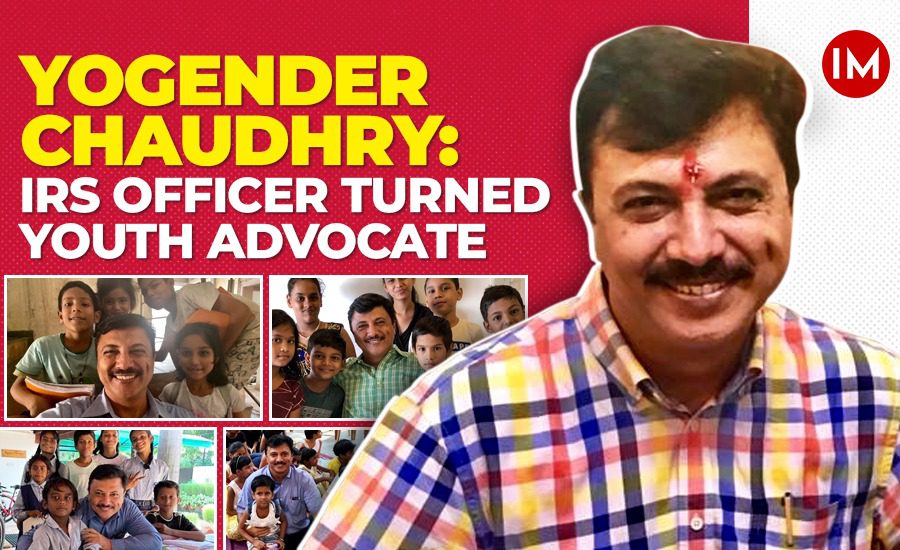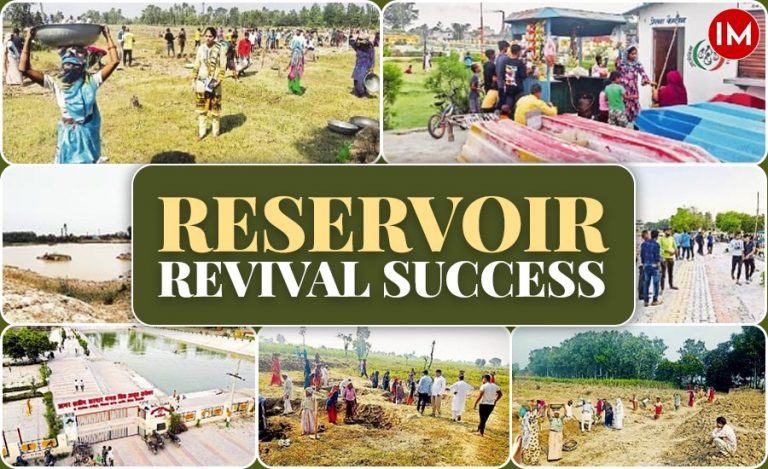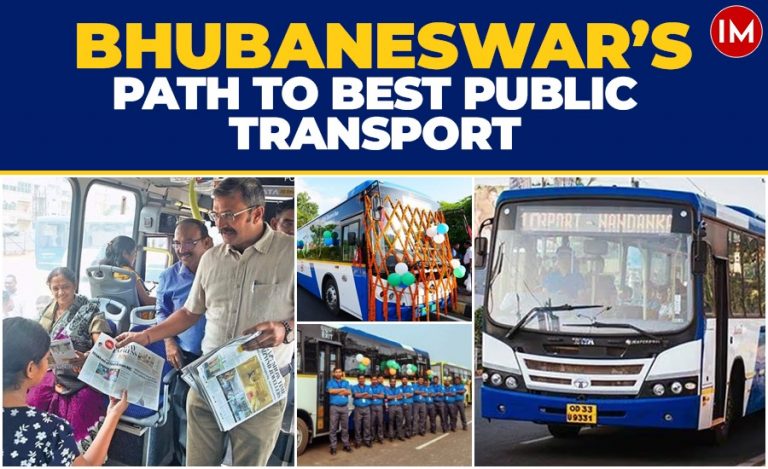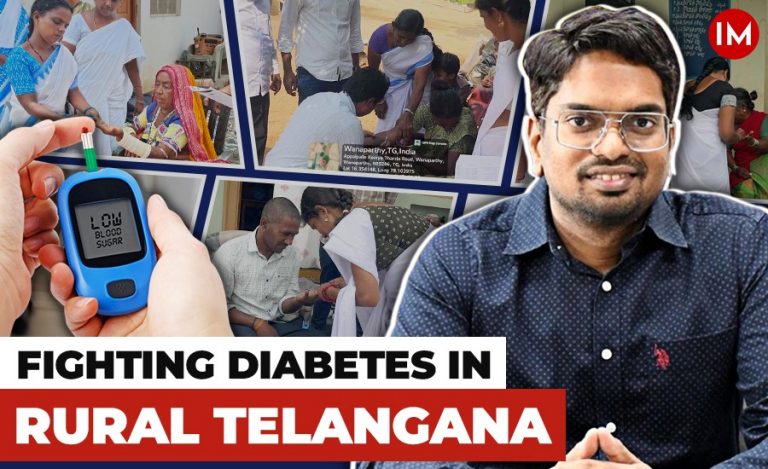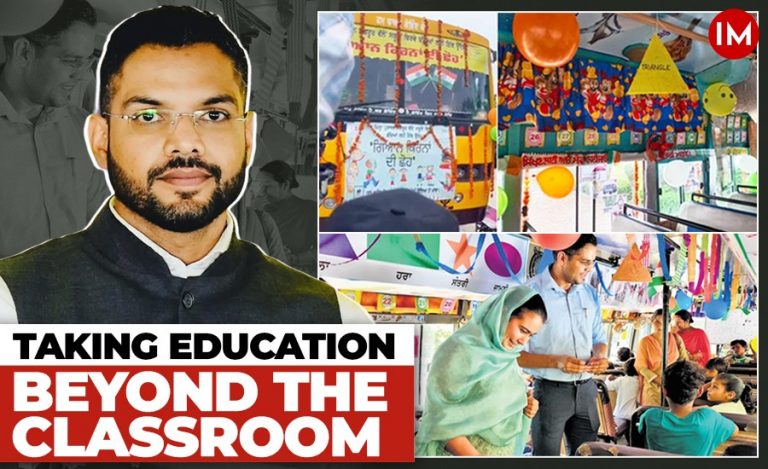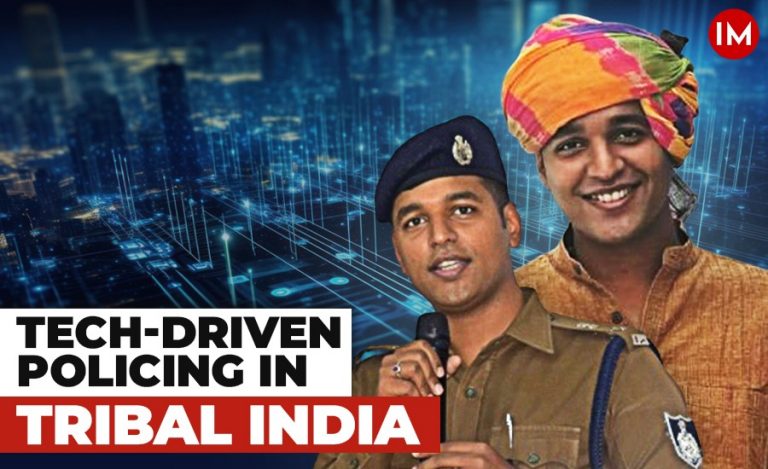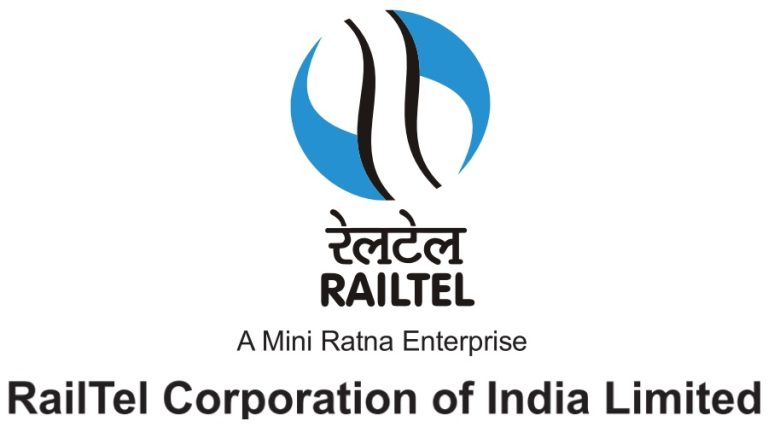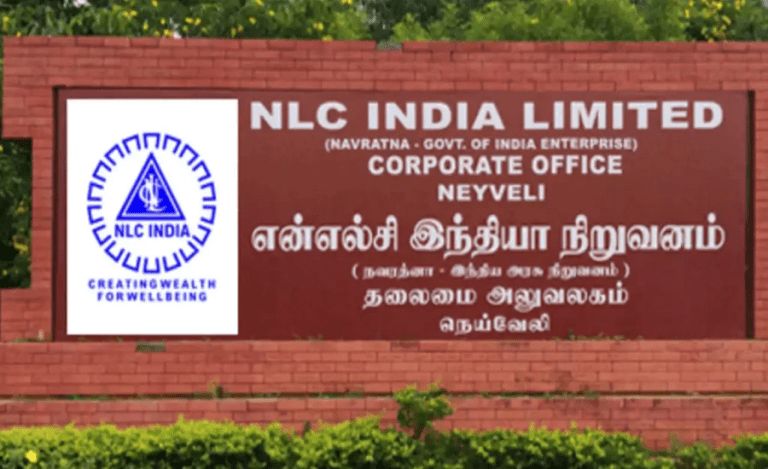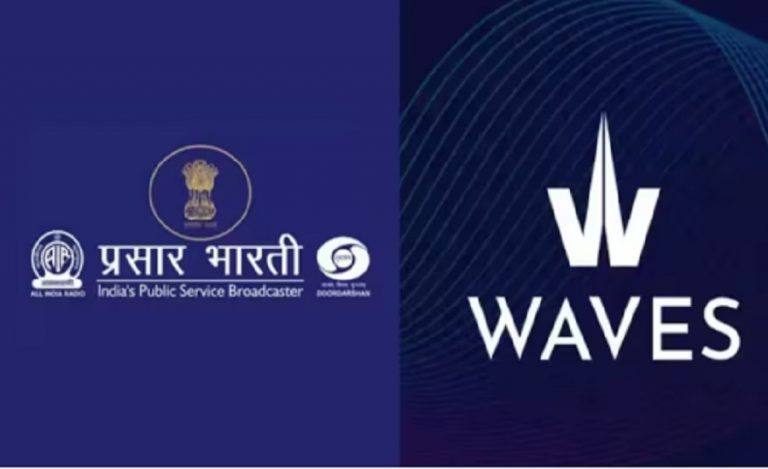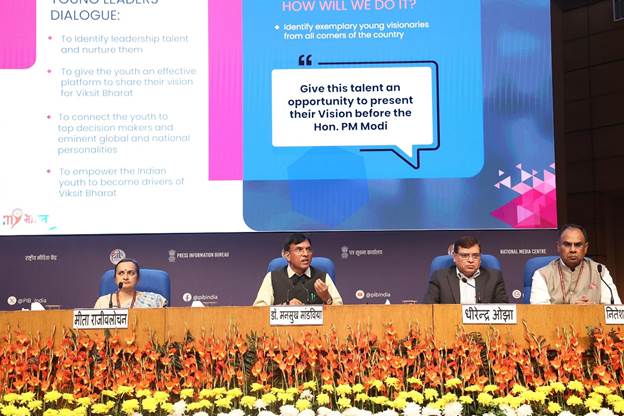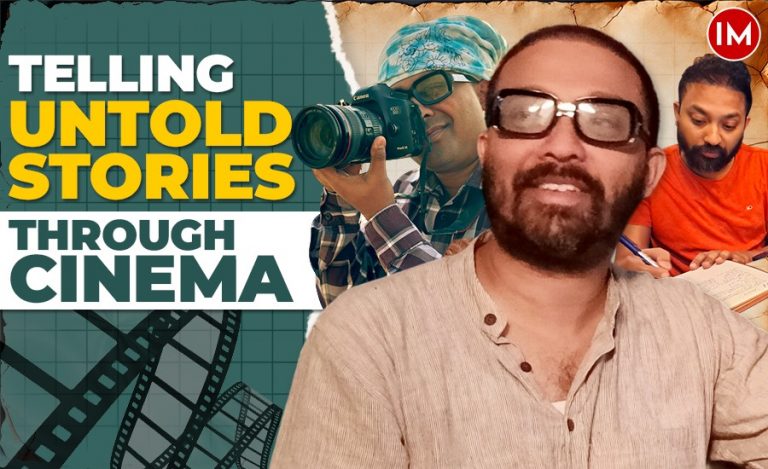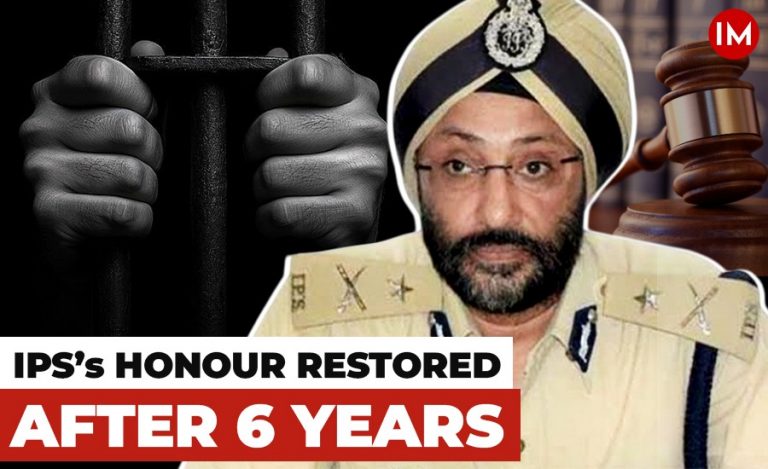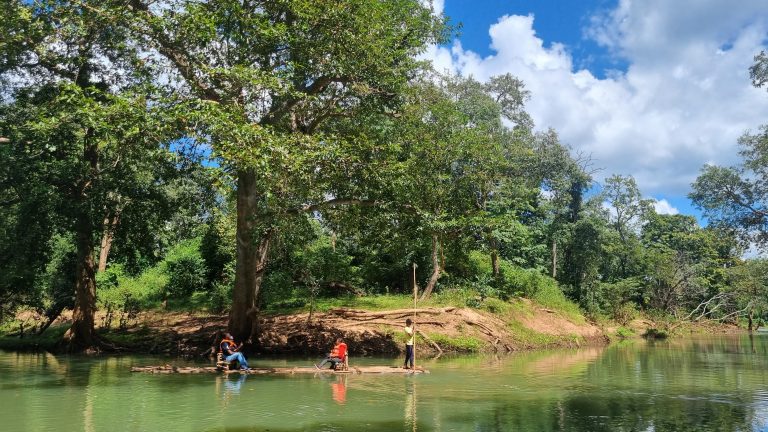Yogender Chaudhry, a name that connotes unshakable dedication and limitless compassion, has left his mark on the history of national service. Ever since he set out on his career as a distinguished IRS officer in 1989, Mr. Chaudhry has been driven by a strong sense of empathy and a strong desire to make a positive difference in the lives of people. His work overcomes the limitations of bureaucratic procedure, creating a fabric of empowerment, transformation, and humanity.
In an exclusive conversation with Indian Masterminds, the now-retired IRS officer shared details about his work for empowering the youth of the nation.
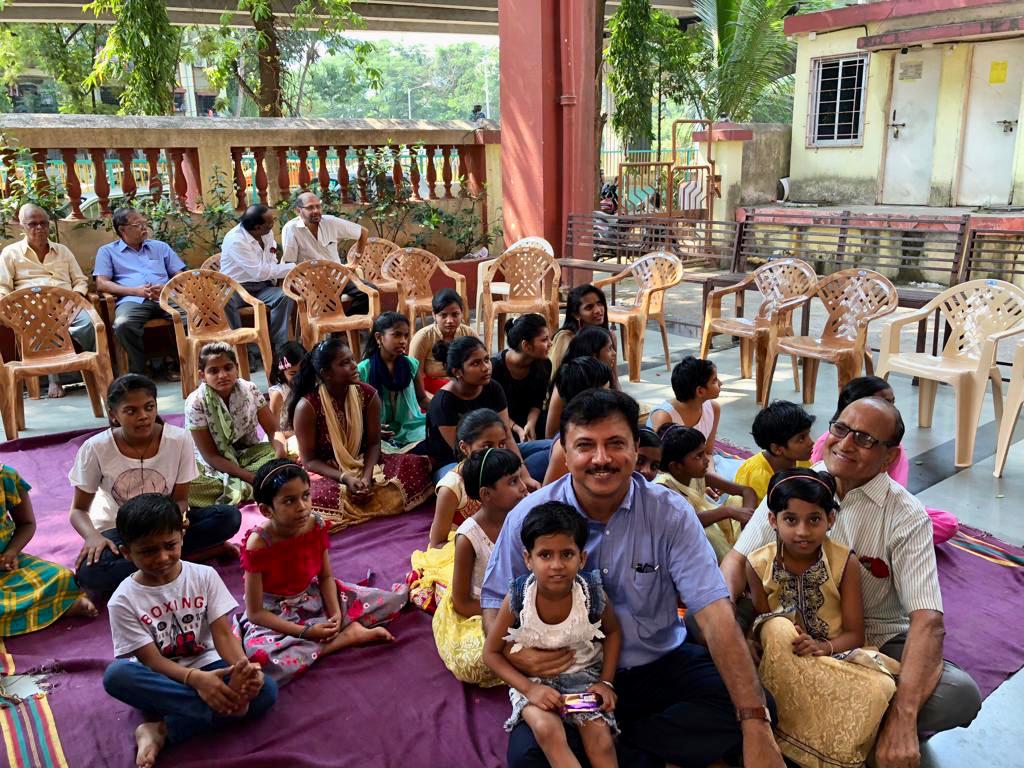
YOUTH EMPOWERMENT AT NEHRU YUVA KENDRA
During his tenure as NYKS (Nehru Yuva Kendra) Executive Director from January 2004 to January 2007, he gave special attention to the empowerment of youth and young adults, especially those living in rural areas. He worked on several significant projects with a committed team.
These included initiatives to create Regional Adventure Centers in 15 states, improve the NYKS organization itself, and strengthen the youth club network. These institutions continue to be run by energetic youth clubs that provide stimulating opportunities for growth.
“Through innovative programs like village tourism, homestays, and rural marketing, we aimed to create sustainable employment opportunities for rural youth. I am humbled by the positive outcomes we achieved, particularly in states like Kerala, Madhya Pradesh, and Himachal Pradesh, where our initiatives yielded encouraging results,” he shared.
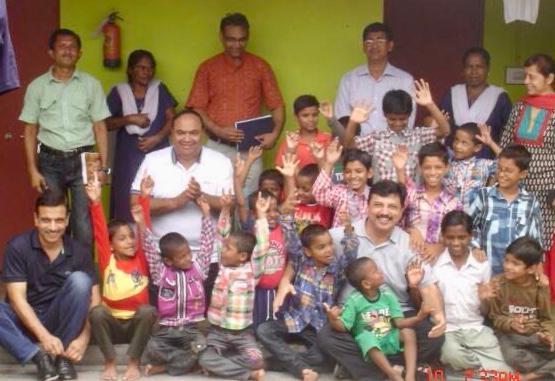
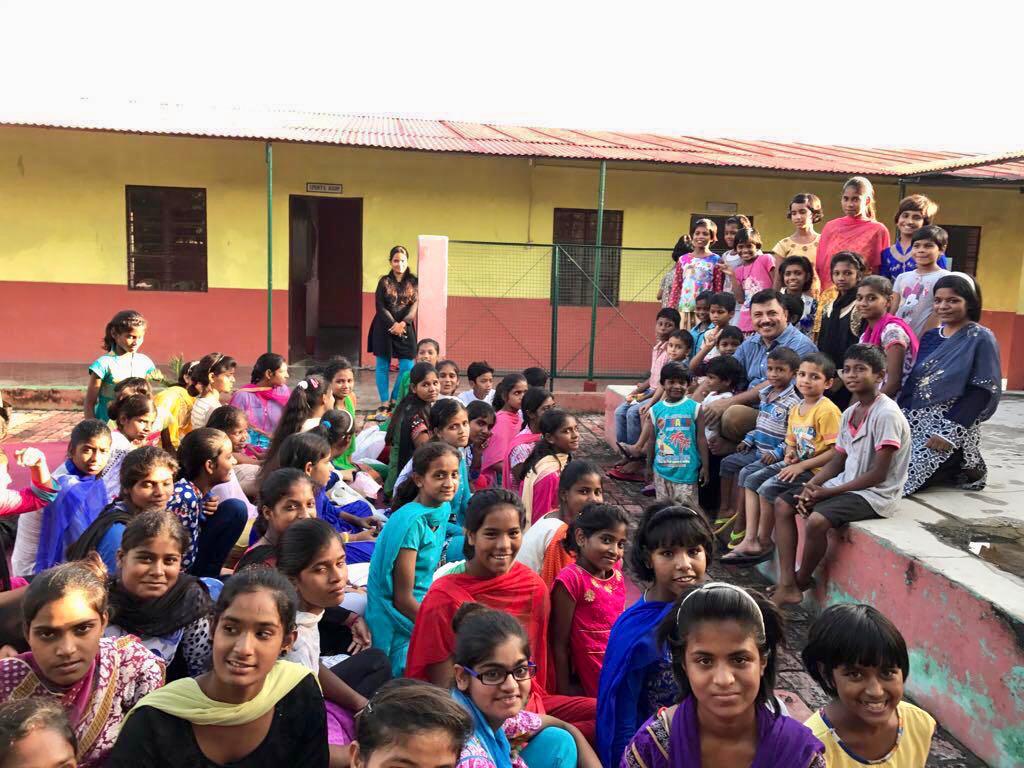
PROJECT DYEED
With great enthusiasm, Mr. Chaudhry presents his ‘Anubhav,’ aimed at sharing his wealth of experiences and achievements in serving the nation, particularly focusing on youth empowerment and social impact. Under this, Mr. Chaudhry played a pivotal role in establishing the Department for Youth Empowerment and Entrepreneurship Development (DYEED) in the Government of Haryana. This initiative aimed to address challenges faced by youth, emphasizing skill-building, entrepreneurship, and community engagement.
This project had particular objectives and was supported by the officer, who was posted as the Advisor to the Chief Minister then. These included creating a department specifically for youth affairs, offering chances for skill development, fostering entrepreneurship, supporting healthy lifestyles, and getting young people involved in volunteer work. To effectively meet these goals, well-defined tactics were put into practice.
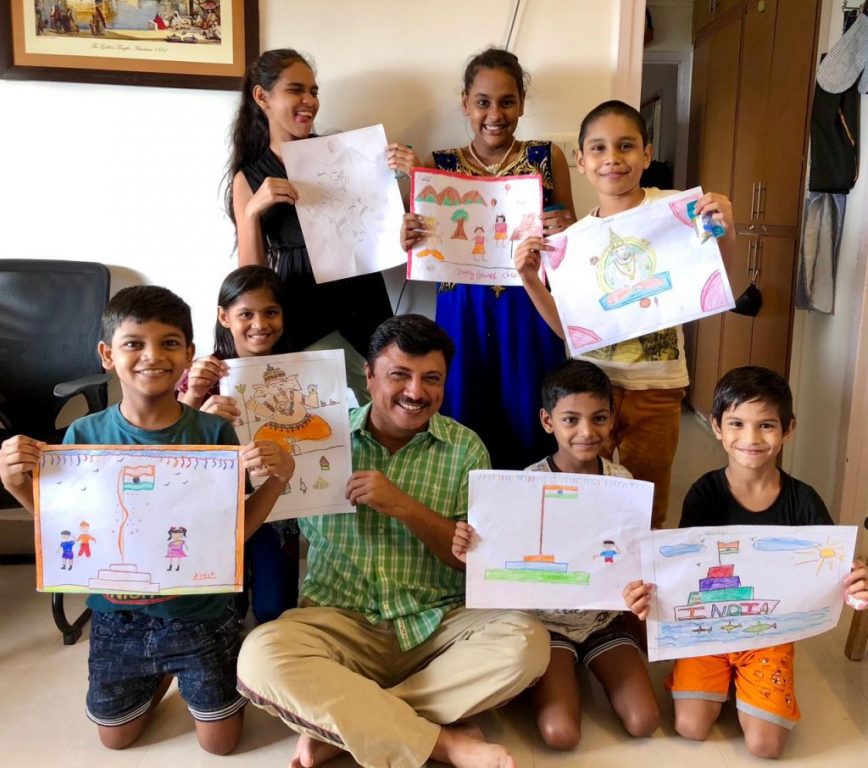
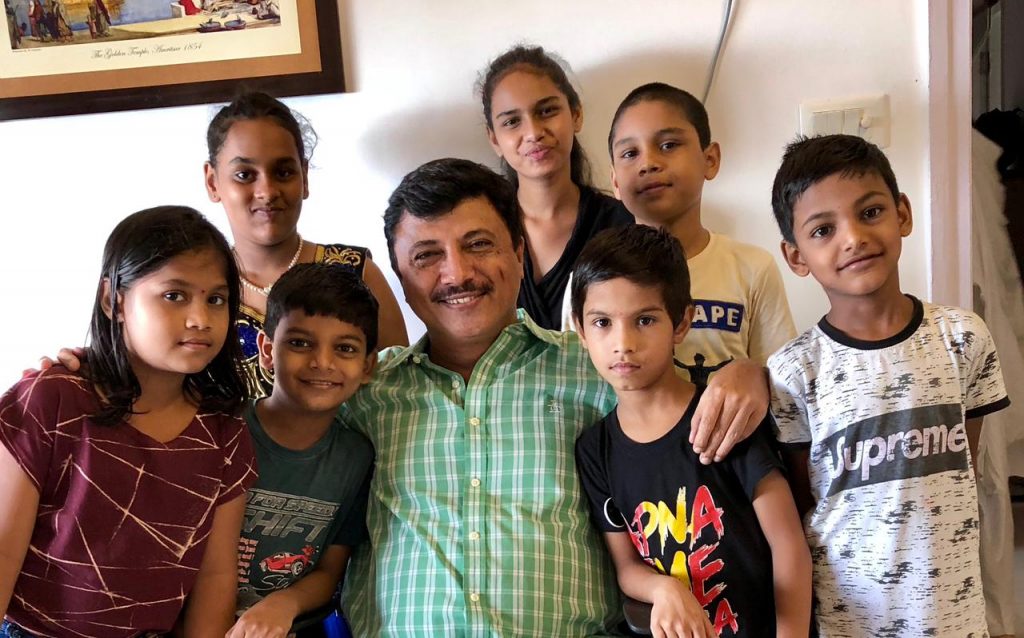
One important tactic was to establish youth clubs in each of Haryana’s panchayats, or local councils. There were almost 5,400 of these clubs founded. These neighborhood-based groups gave young people a forum to talk about social concerns, address needs in their communities, and spread knowledge about social welfare initiatives. The project improved the community’s democratic spirit while also giving youth more authority.
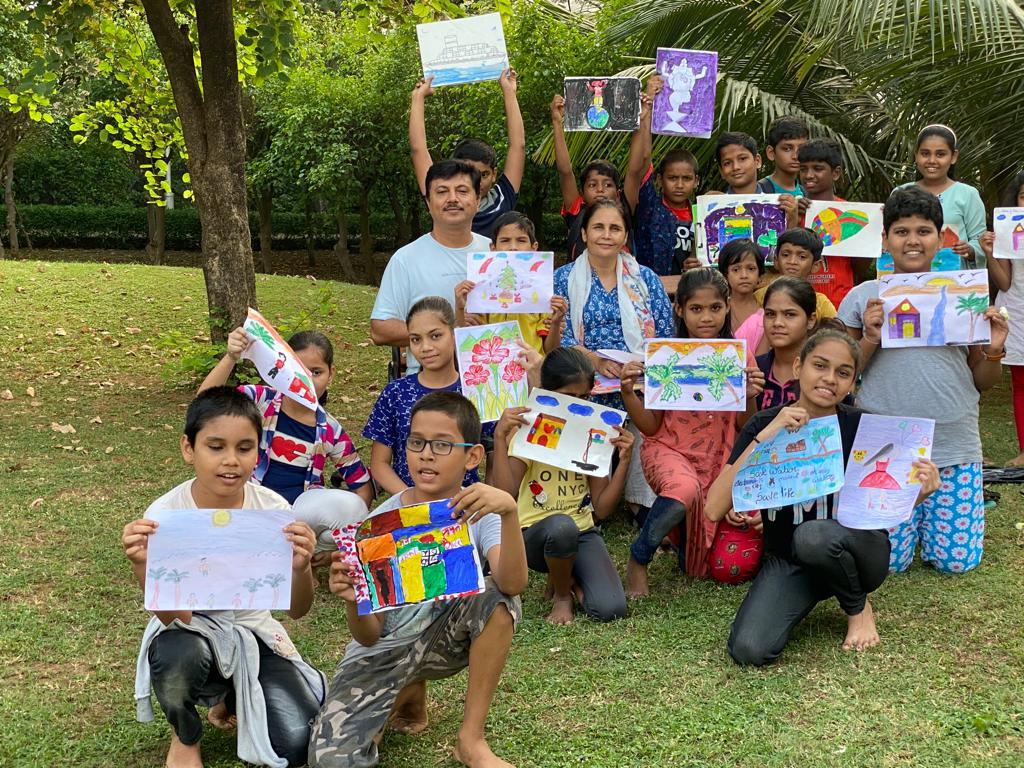
YOUTHPRENEUR
The promotion of entrepreneurship was also highlighted by the officer, inspiring young people to create their own jobs as opposed to just looking for them.
Tailored programs, such as “YOUTHPRENEUR,” were created to inspire and provide them with the business etiquette and skills they need to succeed in the world of entrepreneurship.
“This approach aimed to break the conventional barriers and foster a culture of innovation and entrepreneurship in youth who were first ones in their family to start a new business,” he told Indian Masterminds.
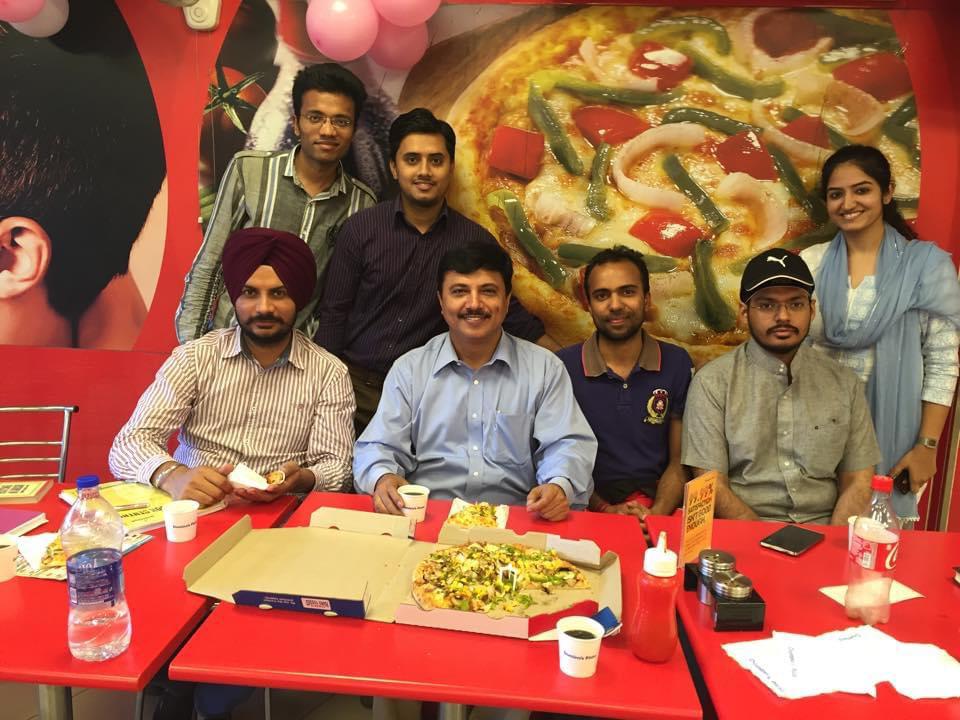
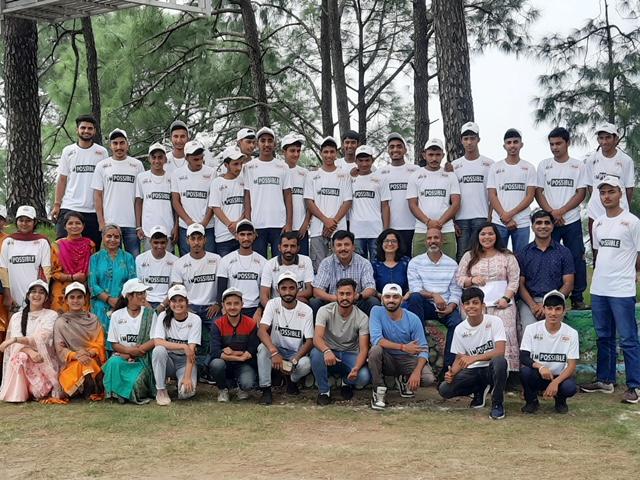
HELPING YOUTH FIGHT DRUG ADDICTION
Recognizing the urgent problem of drug addiction among young people, the project implemented education programs to help them understand the risks associated with drug abuse. The ultimate goal of these initiatives was to lower the rates of morbidity and death related to drug addiction, which in turn improved the general health of the youth population.
To foster leadership qualities and instill a sense of patriotism, the project told stories of India’s glorious past, with a focus on Haryana’s rich history. This approach helped young people find role models and fostered a sense of pride and obligation towards the country.
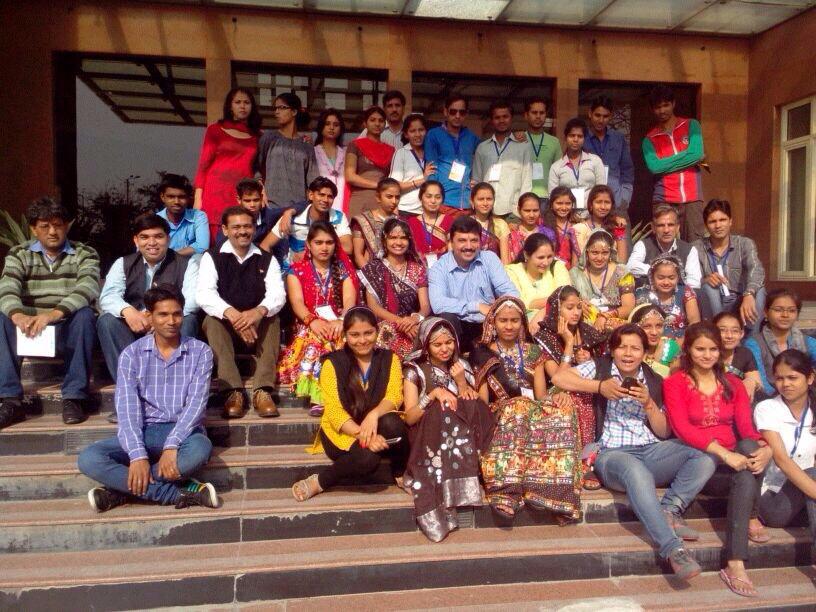
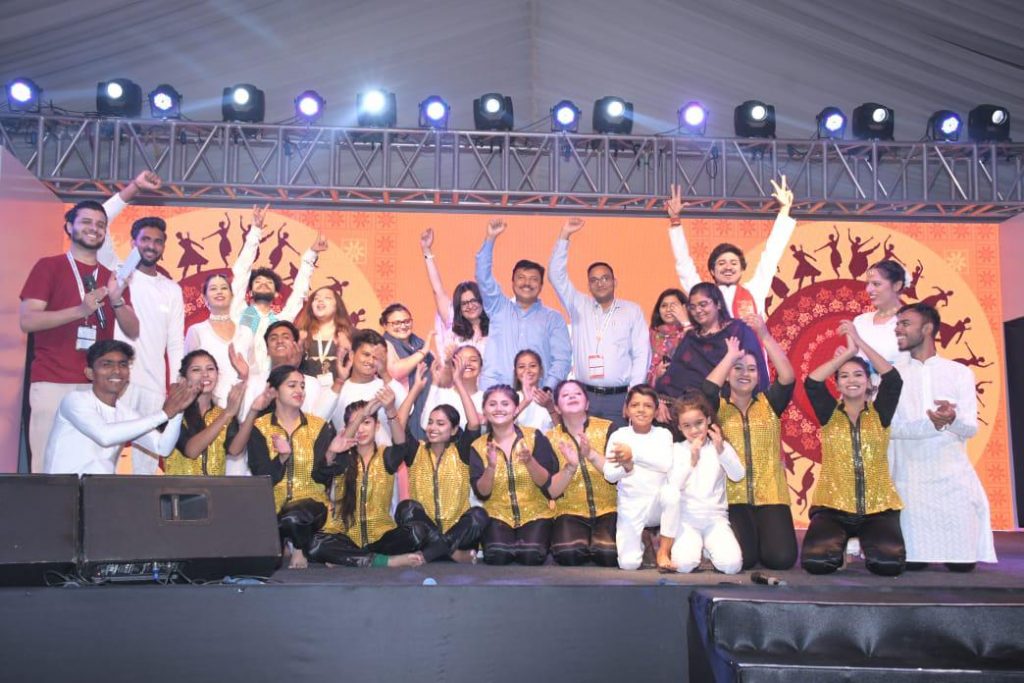
ENGAGING YOUTH IN GOVERNANCE
The project also included volunteer and fellowship programs to get young people involved in governance. These programs gave young people the chance to collaborate with the district government.
They helped deliver programs and obtained insightful knowledge about how the government operates as a result of this engagement. This fellowship program not only produced a group of capable future development leaders but also encouraged a sense of community service and dedication.
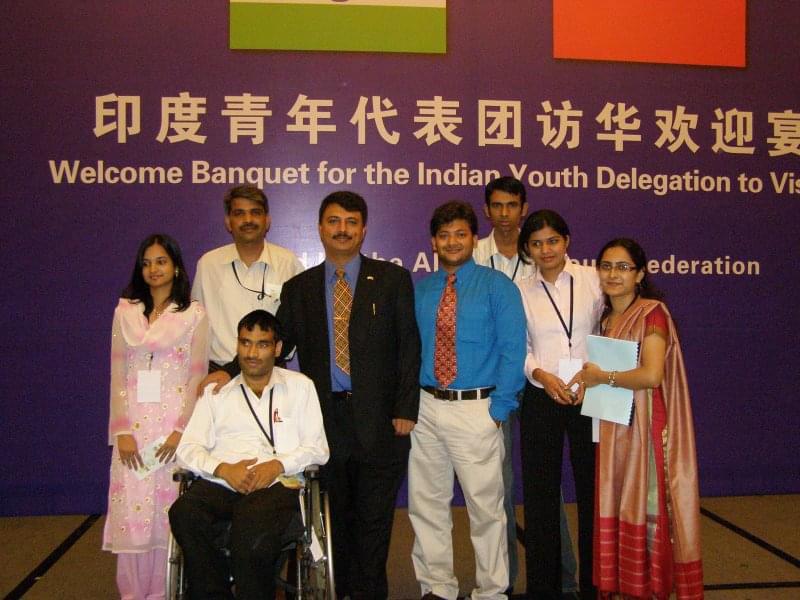
An evaluation of the project’s impact and results revealed positive outcomes. Government policies and programs became more effective due to youth involvement. New entrepreneurial ventures flourished, indicating a rise in youth-led businesses. Drug addiction cases decreased, and a sense of patriotism and social responsibility was instilled in the youth population.
“My experience working on the DYEED project has been truly fulfilling,” concluded the officer.
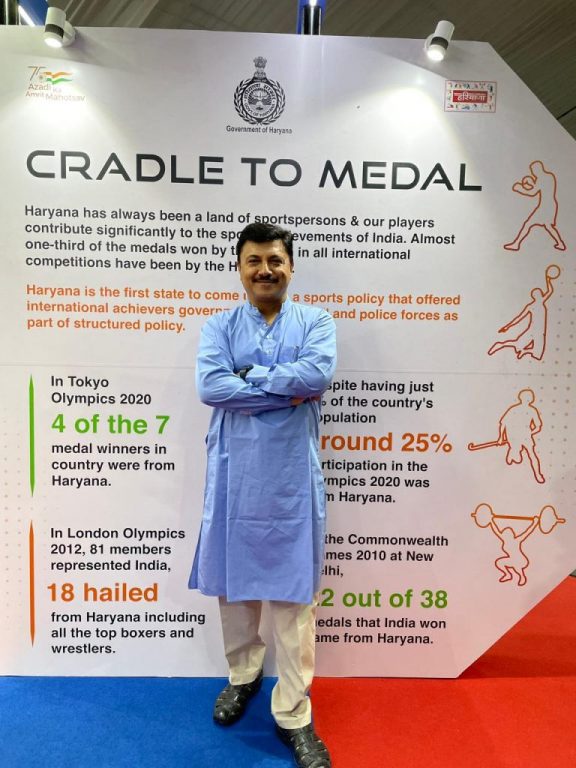
As we unveil the journey of ‘Anubhav,’ it becomes evident that Mr. Chaudhry’s legacy is not just in policies but in the lives, he has touched and empowered along the way.

